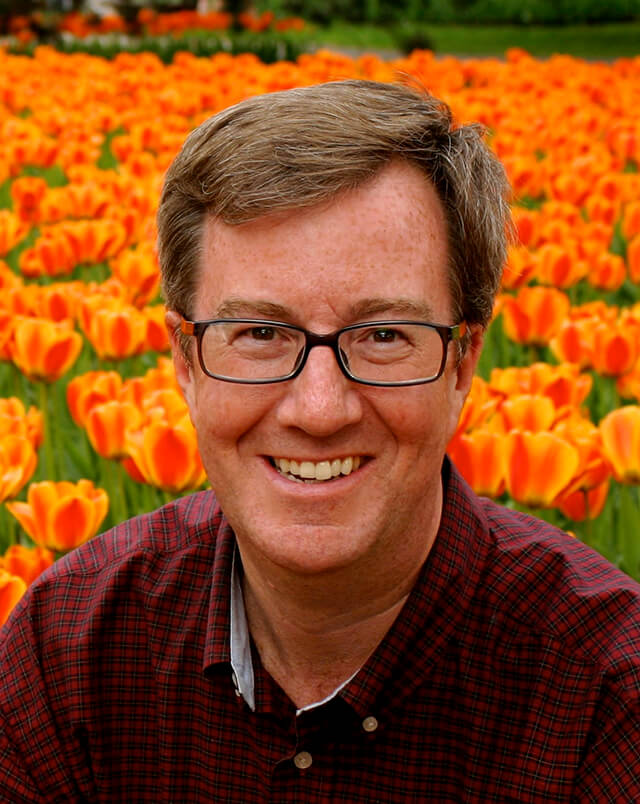Canada’s immigration landscape has seen several changes over the last decade, shifting the demographics of its provinces and cities.
The number of immigrants to Canada continues to increase, and newcomers are choosing cities beyond the conventional to make their home. What does this mean for Canadian cities, particularly, its scenic and quiet capital?
New Canadian Media sat down for a rapid fire round of questions with Ottawa Mayor, Jim Watson, to get some sound bites on what makes, or could make, Ottawa a more welcoming city. The conversation came at a fitting time, given that this week marks Welcoming Ottawa Week (WOW) – the third annual weeklong series of dialogues, events and activities meant to offer genuine hospitality to the city’s newcomers.
 Small Town Charm
Small Town Charm
In a time of stiff competition for resources among provinces, what makes a smaller city like Ottawa more attractive for newcomers in comparison to larger cities like Toronto, Montreal or Vancouver?
According to Mayor Watson, a stable economy, an intelligent workforce, high quality of life and physical proximity to the federal government – not withstanding that the government has downsized substantially – are the city’s greatest assets.
“Ottawa-Gatineau offers the best of both worlds, small town charm and [it] is not as congested as other cities. I came from Toronto and found it very overwhelming there,” said Watson. “I wish we could do something about the weather,” he added, smilingly at one of the city’s only drawbacks from his perspective.
A Need for Immigrants
Several changes have occurred in Canada recently including reduction in funding to settlement services, tightening of immigration rules and procedures, the introduction of anti-terror act Bill C-51 and events like the Parliament Hill shooting, all of which have possible implications for newcomers to Canada. Could these deter immigrants from coming to Ottawa?
“If the government is making immigration more difficult that is outside our jurisdiction, but we will still need to attract more immigrants into the economy.”
On the changes in immigrations rules, the mayor said it is hard to tell right now. “If the government is making immigration more difficult that is outside our jurisdiction, but we will still need to attract more immigrants into the economy. We need to reinvigorate the workforce with people from abroad because we are not producing enough children.”
The settlement sector has also seen substantial cuts over the last few years, which has affected the work of many frontline immigrant-serving organizations providing vital social services to newcomers, including in Ottawa.
However, as the mayor explained, “This is a federal issue and we have a pretty specific mandate under the Municipal Act with no funds [allocated for it]. But this is where we need new Canadians to come forward and push the candidates for where they stand on this issue.”
“We have really matured as a multicultural community over the last few years. Today when I visit a school it’s like walking into the United Nations.”
And that means tapping into the city’s image as a thriving, diverse metropolis. “We have really matured as a multicultural community over the last few years. Today when I visit a school it’s like walking into the United Nations,” Watson said. “There are dozens of different languages and a high quality environment.”
Adding to Ottawa’s draw for newcomers, the mayor cited examples of people like billionaire tech investor, Sir Terry Mathews, who could live anywhere in the world, but chose Ottawa, as well as new entrepreneurs like Tobias Lütke, founder of Shopify, who “originally came here from Germany, fell in love with the city and now has 400 employees and a billion dollar empire in Ottawa.”
Strength in Diversity
It could be argued that too much diversity in a small space could lead to problems, but Mayor Watson feels otherwise. “We need to see our diversity as a strength and sell that as an asset to companies who may want to relocate here,” he said, furthering the discussion on making Ottawa more attractive for business.
Fair enough, but what about several recent reports from major Canadian banks that claim job quality has fallen to its lowest level in more than two decades? “Ottawa’s three largest industries in terms of employment are the federal government (public service jobs), the high tech industry and tourism,” Watson responded.
“The first two of those tend to have quality jobs and fair compensation. [In Ottawa] we tend to have more knowledge-based employment rather than a manufacturing base, so we don’t have the same kind of problems we have seen in other provinces and cities, which have a heavy manufacturing base.”
“We need young people and their energy and they need to believe in government. We also need to burrow into multicultural communities to get them more involved.”
On the issue of trying to engage more racialized youth in entering politics, municipal or federal, Mayor Watson said that trying to get any Canadian interested in politics is a challenge.
“When I first ran for mayor, there were 20 of us running. In this election there were just about five.” Declining involvement in federal and municipal elections is also a major issue for Watson. “Turnout in last year’s municipal elections was only 40 per cent. Many young people are frustrated and angry and that is not something one wants to see among the youth, especially if they are entering politics.”
His advice is threefold: “First get involved by voting, then get involved in a political campaign and then get your name on a ballot. We need young people and their energy and they need to believe in government. We also need to burrow into multicultural communities to get them more involved.”
Perhaps events such as WOW could eventually move beyond just a series of annual events and act as platform to encourage such engagement. The mayor was happy to entertain this idea, but he felt that it should come more from the grassroots than from the political sector.





